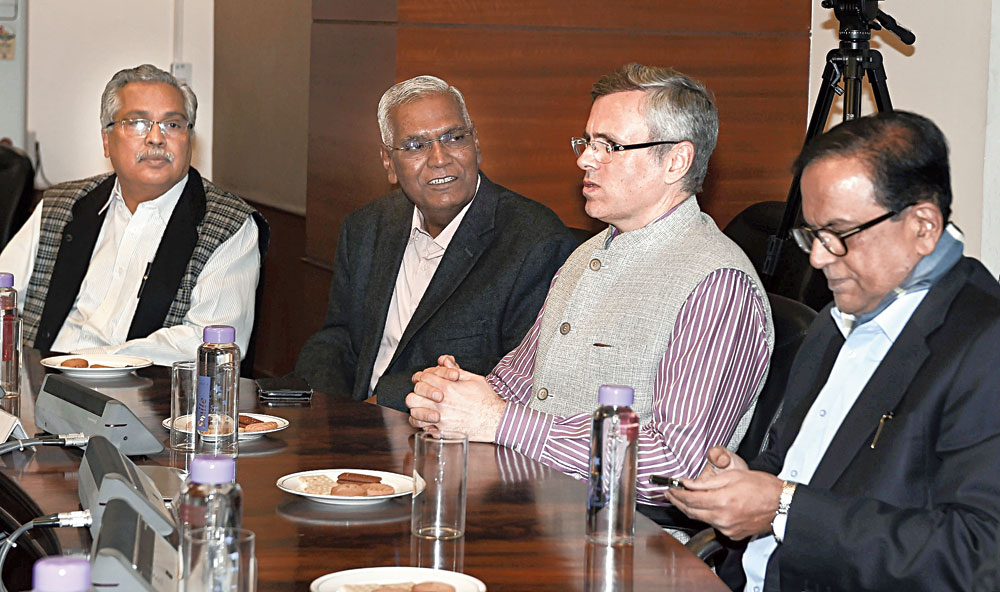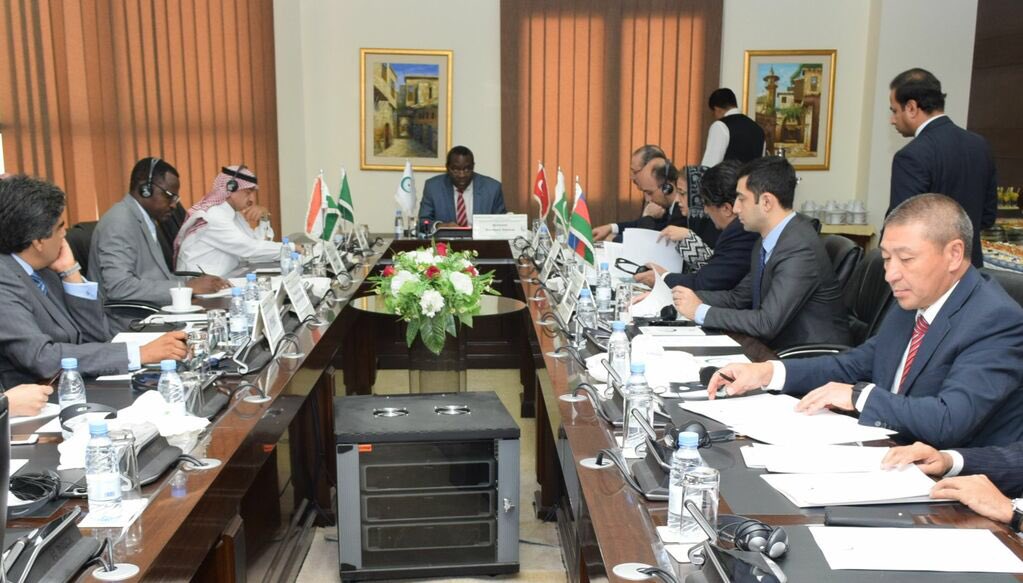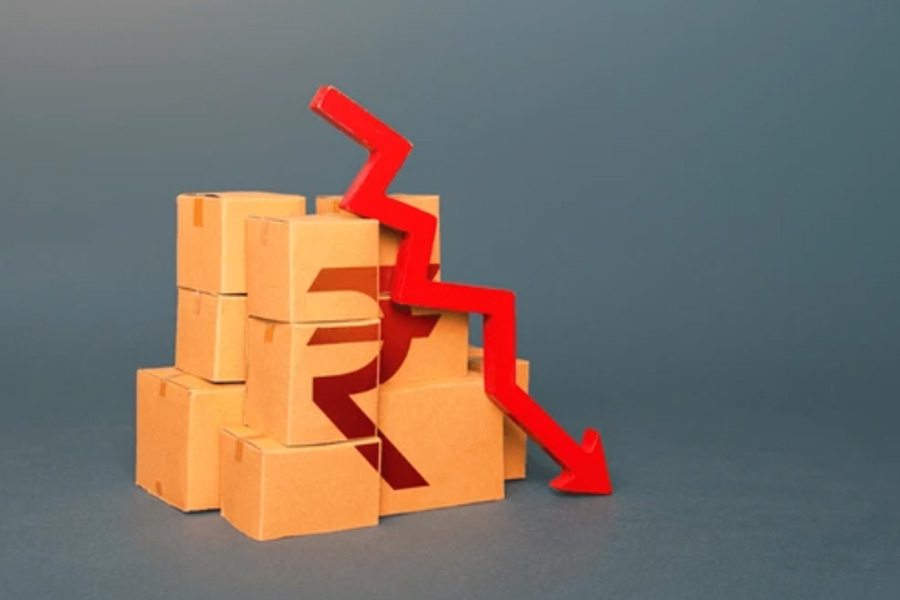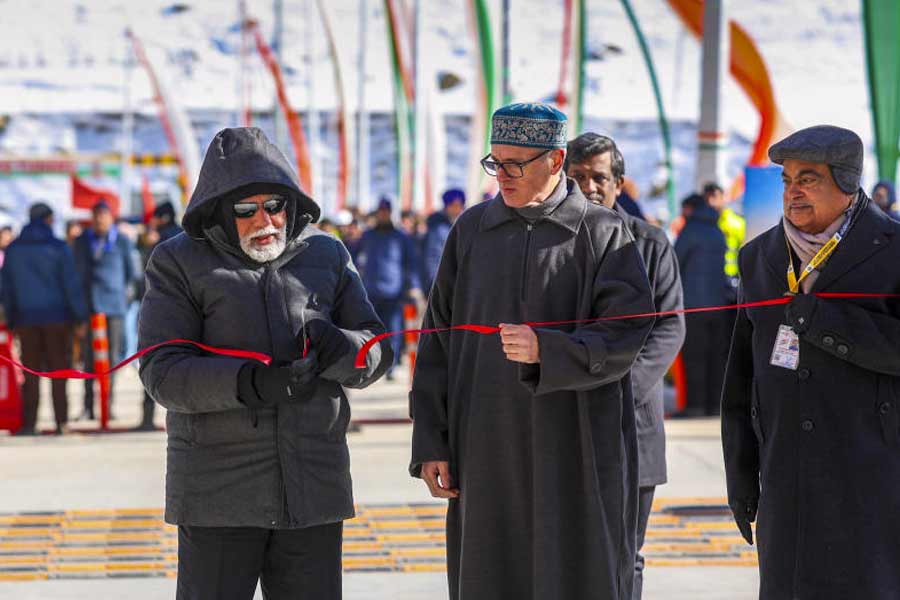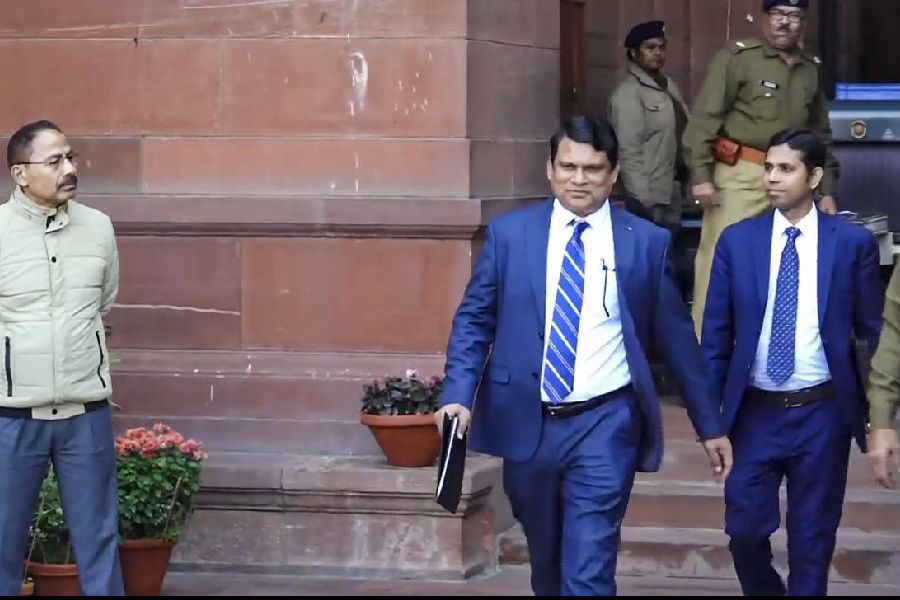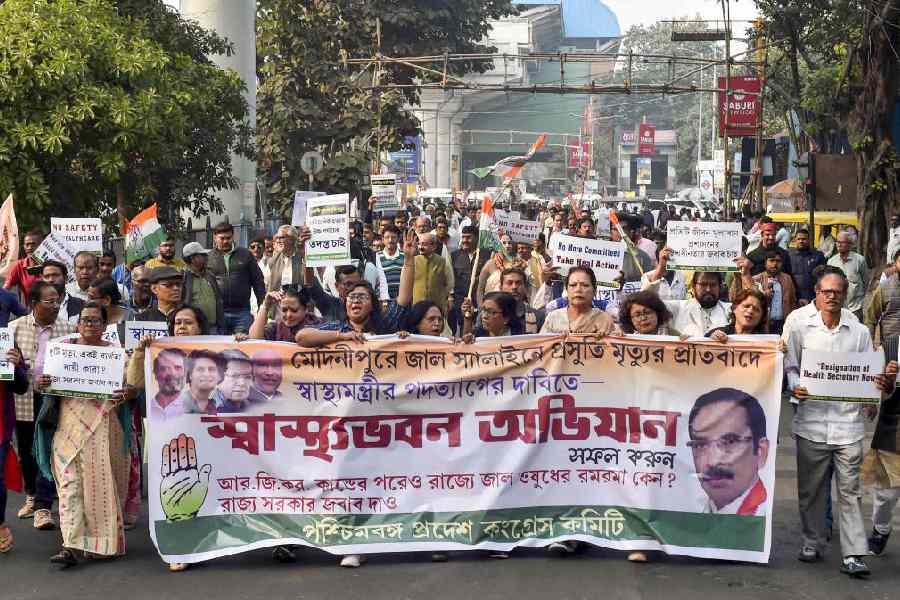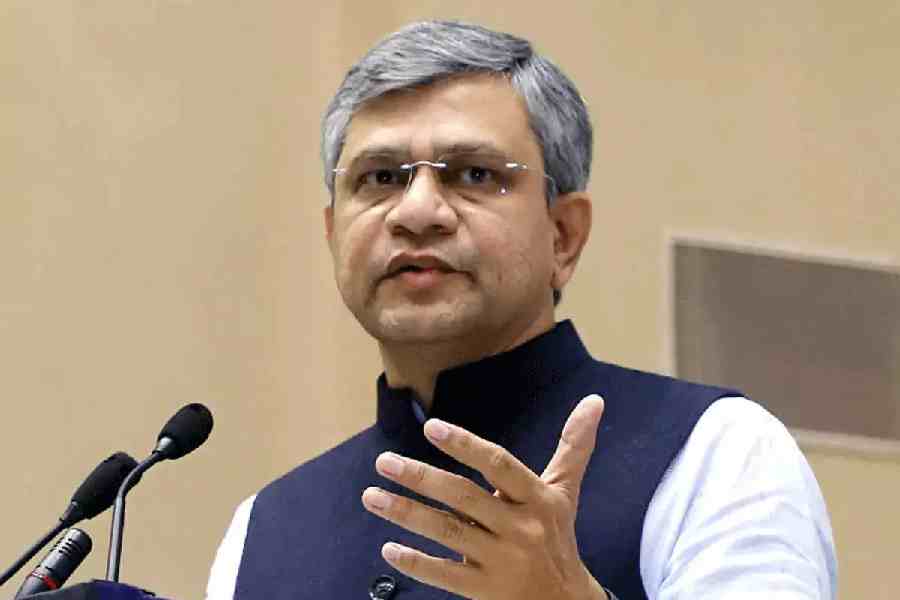After launching the first air strike inside Pakistani territory since the 1971 war, India on Tuesday sought to assure the diplomatic community that it had no plans to escalate the situation further, apprehensive of a stand-off between two nuclear-powered neighbours.
Soon after he put out the only official statement on the air strike, foreign secretary Vijay Gokhale and other secretaries in the external affairs ministry reached out to the diplomatic community based in New Delhi to allay fears of a further escalation from India’s side.
They briefed the envoys of all P-5 countries — China, France, Russia, the UK and the US — besides others including Australia, Turkey and Indonesia, and also fielded questions and concerns.
For one, the foreign envoys apparently wanted clarification on what India meant by “non-military” action as mentioned in the foreign secretary’s statement.
This was explained as a formulation to convey that no military target was hit in the operation, and the only intent was to launch a “pre-emptive” attack on a terrorist facility of a UN-banned outfit (the Jaish-e-Mohammad) that had launched attacks on India in the past and was planning more.
The UN appealed to the governments of both India and Pakistan to exercise “maximum restraint” to ensure the situation does not deteriorate further, a top UN official said.
Given that the media had put out reports of three strikes, the Indian foreign office clarified that the target was only Balakot and that the attack was based on intelligence inputs.
That Jaish has a terrorist training facility at Balakot in Manshera district of Khyber Pakhtunkhwa is known for years, particularly after the 2005 earthquake that destroyed the area.
With Pakistan indicating that it would respond at a time and in a manner of its choosing, India is understood to have told the diplomats that they should work on Islamabad to ensure there is no escalation, explaining that New Delhi acted in self-defence in the face of Pakistani inaction against terrorists operating from its soil.
In a statement, the dean of the Diplomatic Corps, Frank Hans Dannenberg Castellanos, said on behalf of his counterparts that they were satisfied with the quick and organised manner in which India had briefed them and reached out to the various regional groupings. Further, he said, they were given the same information that had been provided to the media through the foreign secretary’s statement.
Later in the evening, external affairs minister Sushma Swaraj briefed leaders of Opposition parties and iterated the line, billing it as a “non-military, anti-terror operation”.
She informed them that she had already spoken to her counterparts in the US, Bangladesh and Afghanistan, and would also raise the issue with China and Russia when she meets their foreign ministers for a trilateral on Wednesday.
In a statement to the media, Sushma said all the Opposition party leaders who attended the meeting praised the Indian Air Force in one voice and assured the government of their whole-hearted support in fighting terrorism.
The Opposition leaders also urged the government to ensure that the jingoistic attacks on Kashmiris are not repeated. Kashmiris have been targeted in several parts of the country in the aftermath of the Pulwama terror attack. The Opposition also asked why contentious issues such as the demand for repealing Articles 370 and 35-A were being raked up at this juncture when what Kashmir needed most was a healing touch.
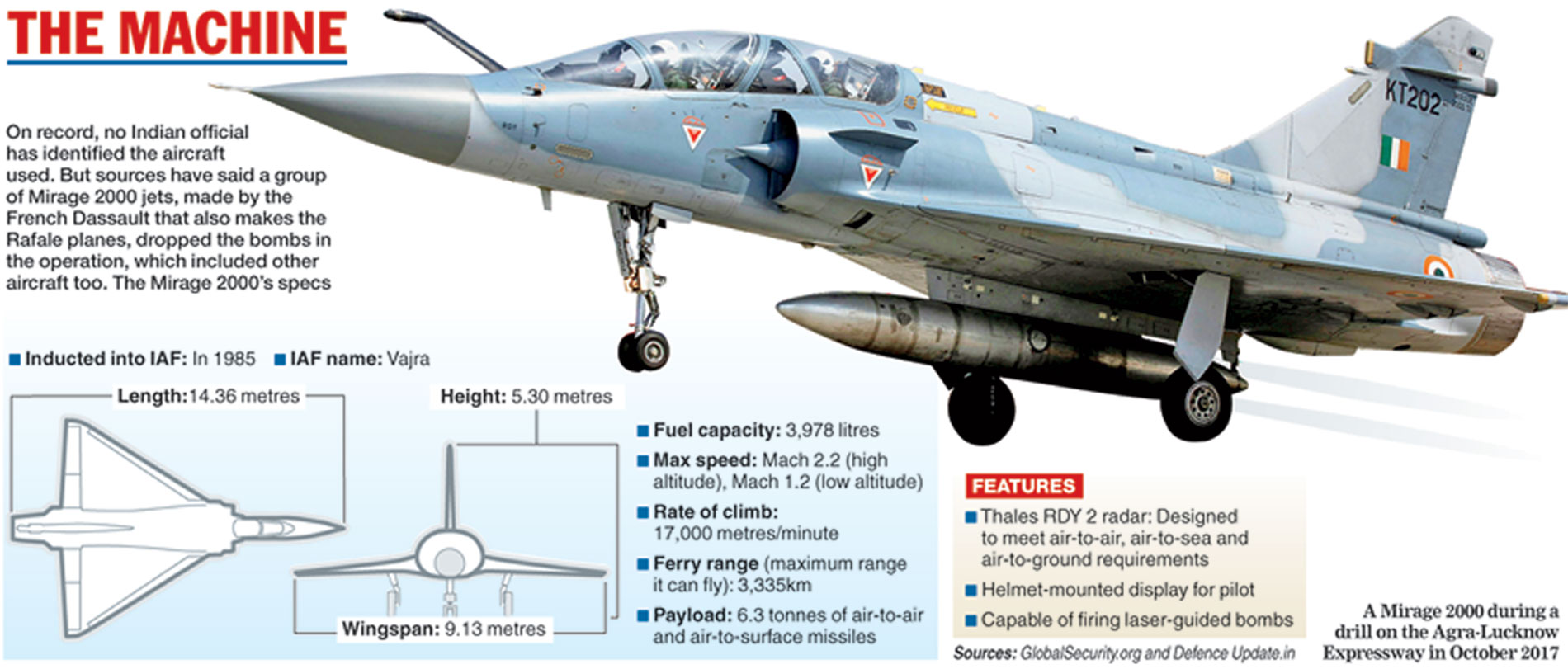
The Telegraph

